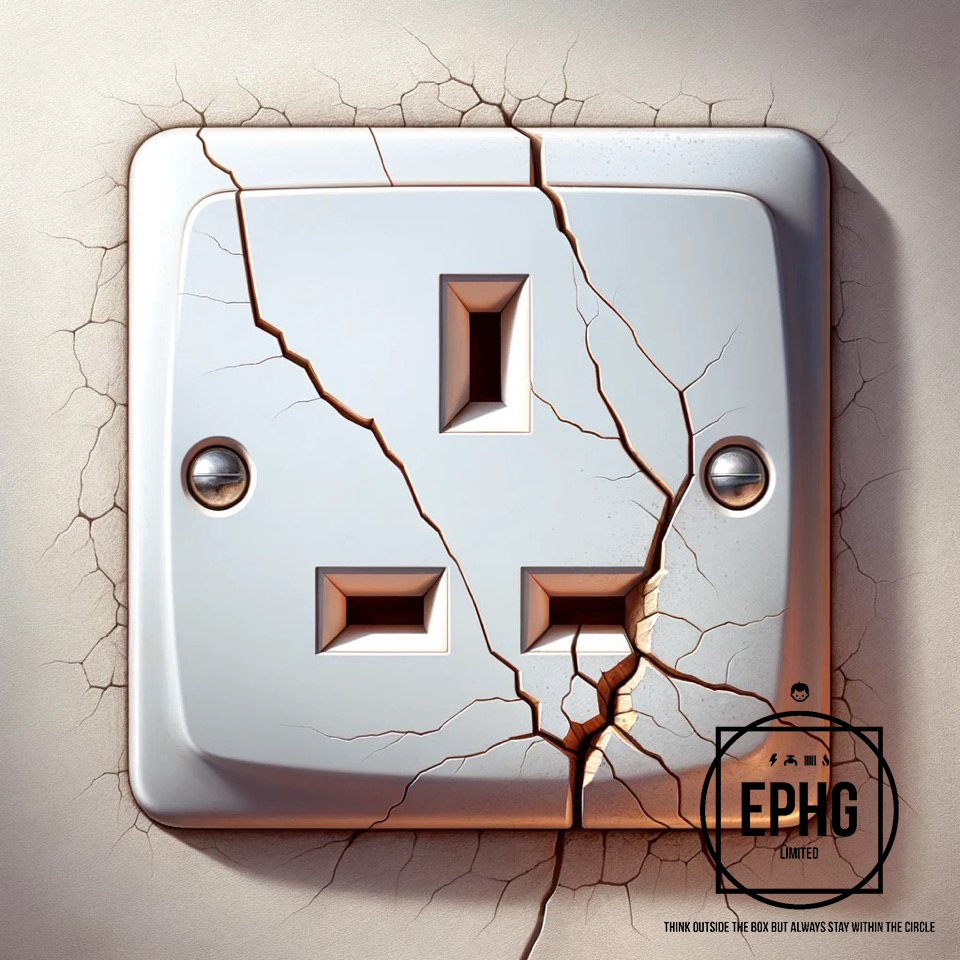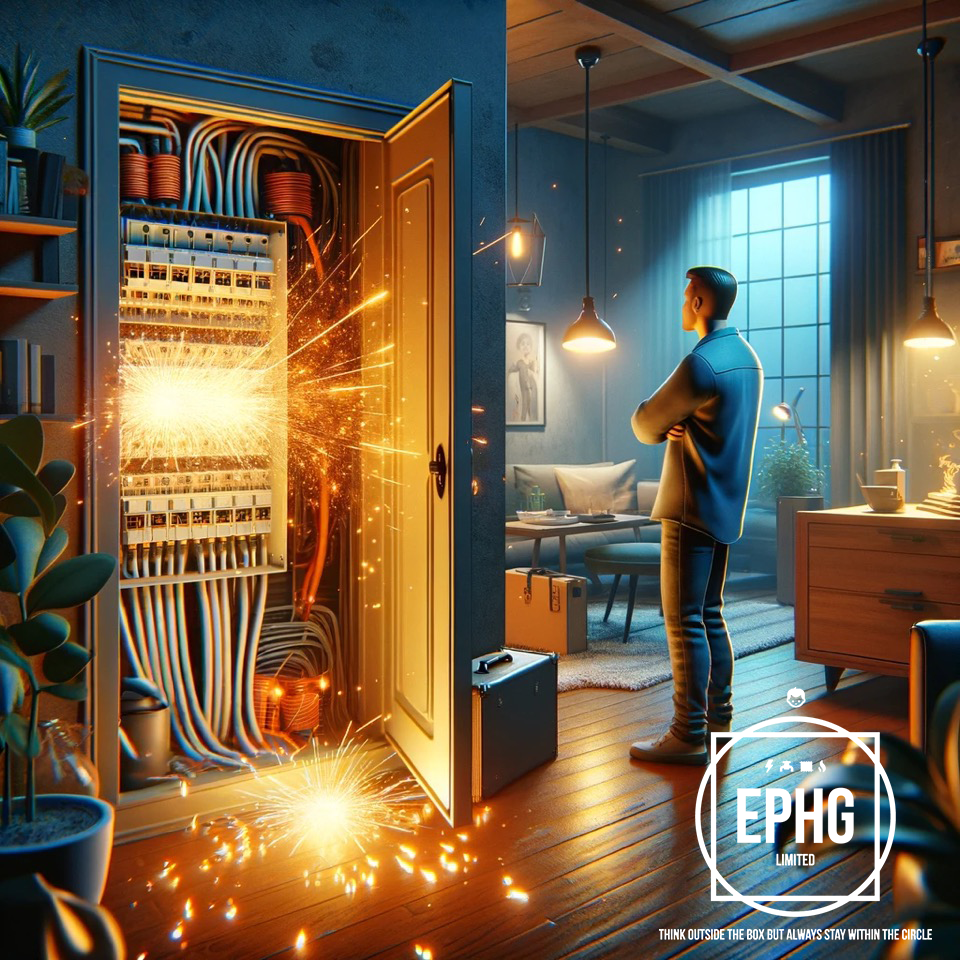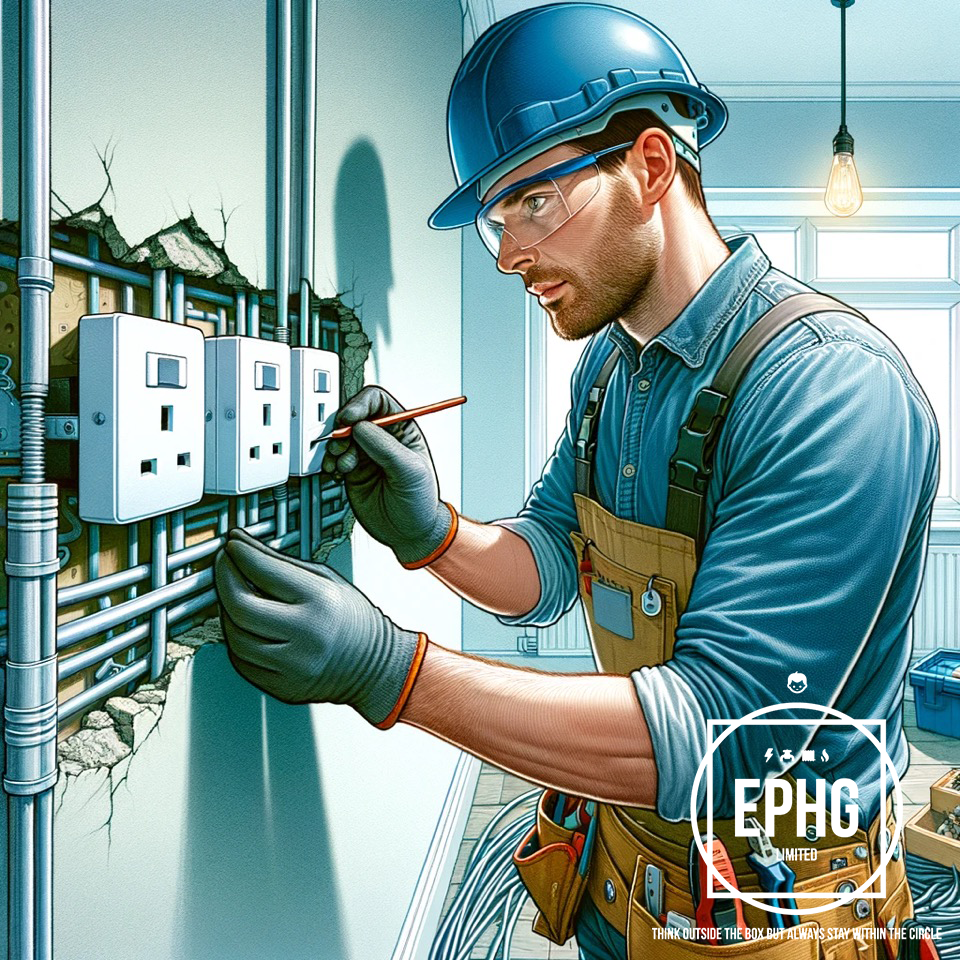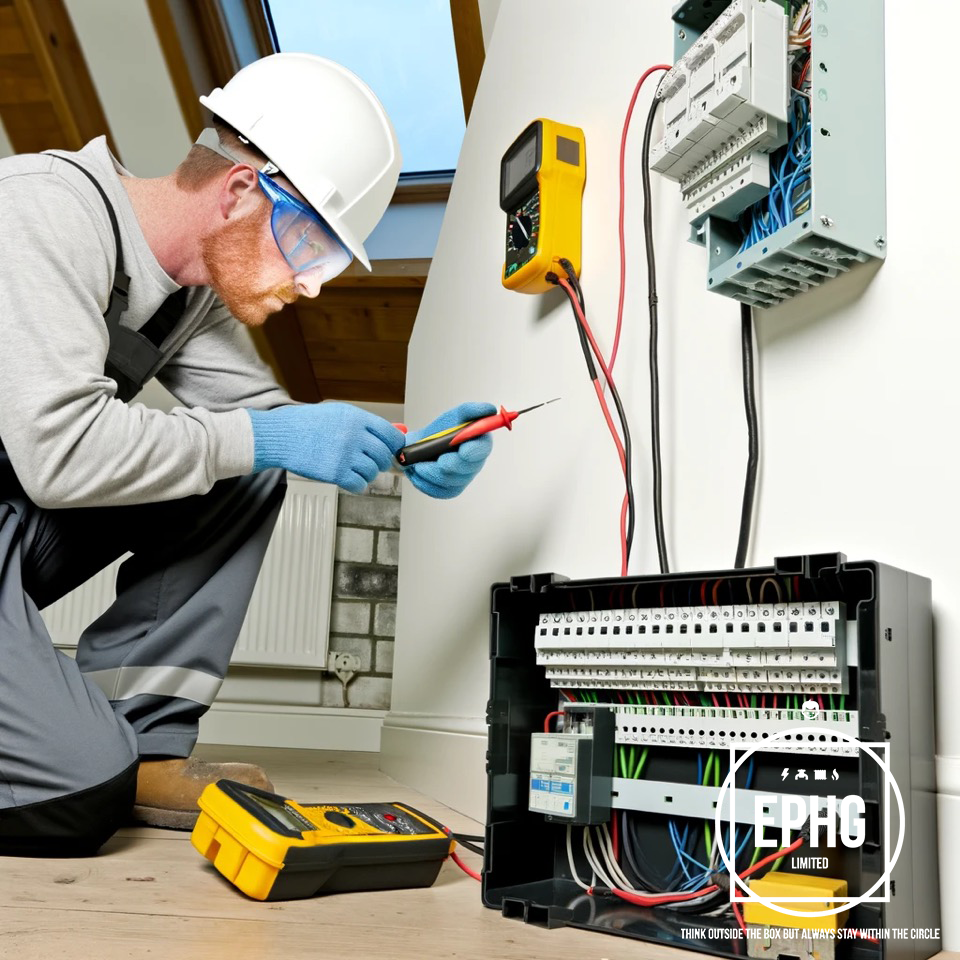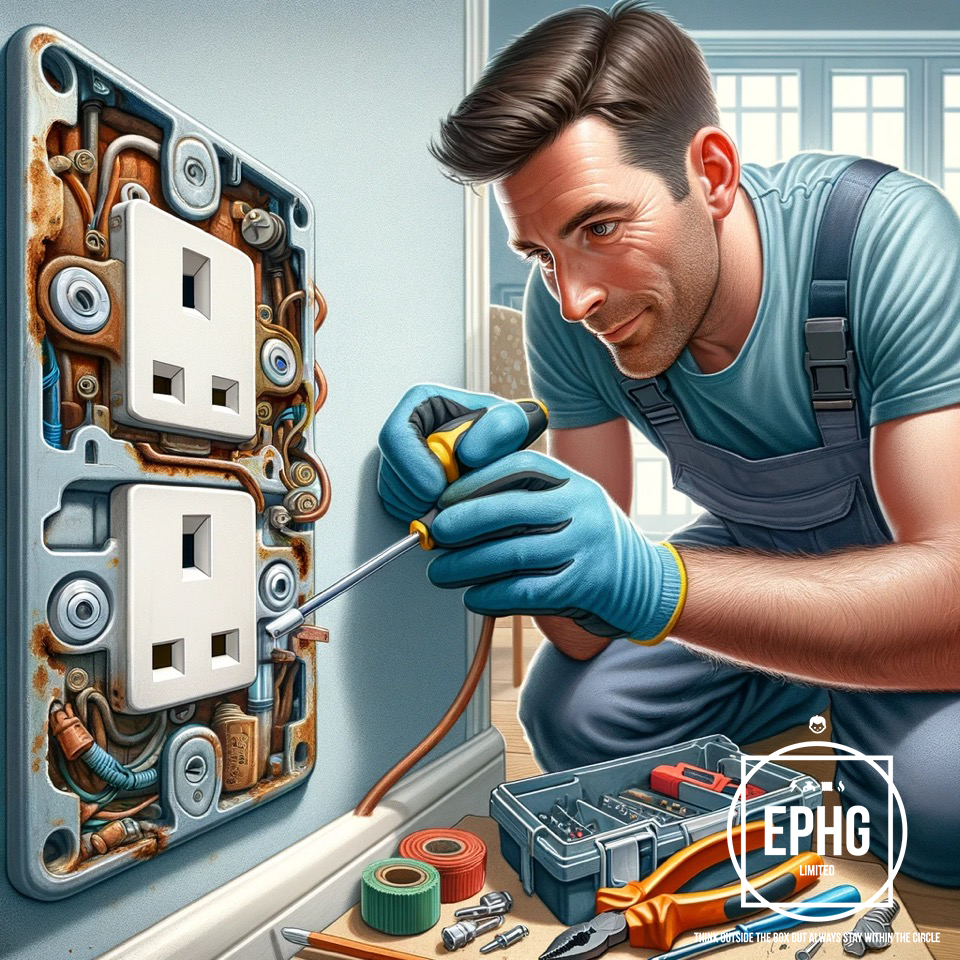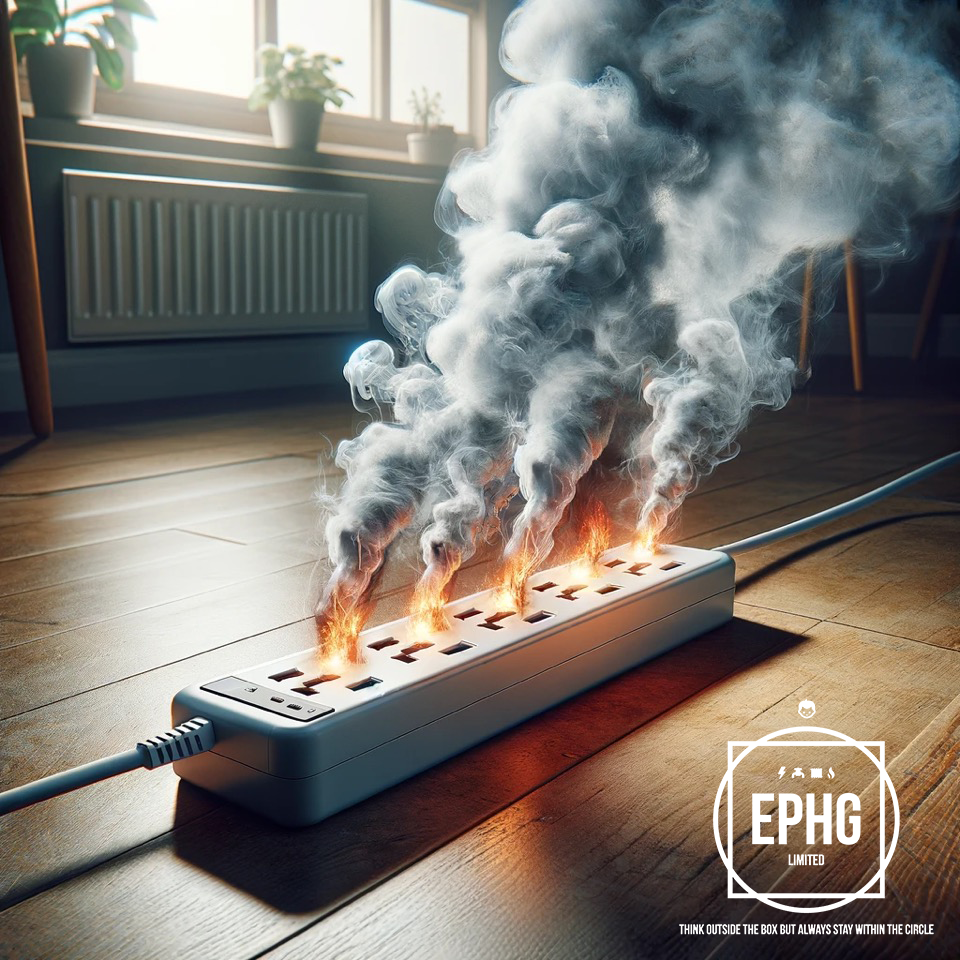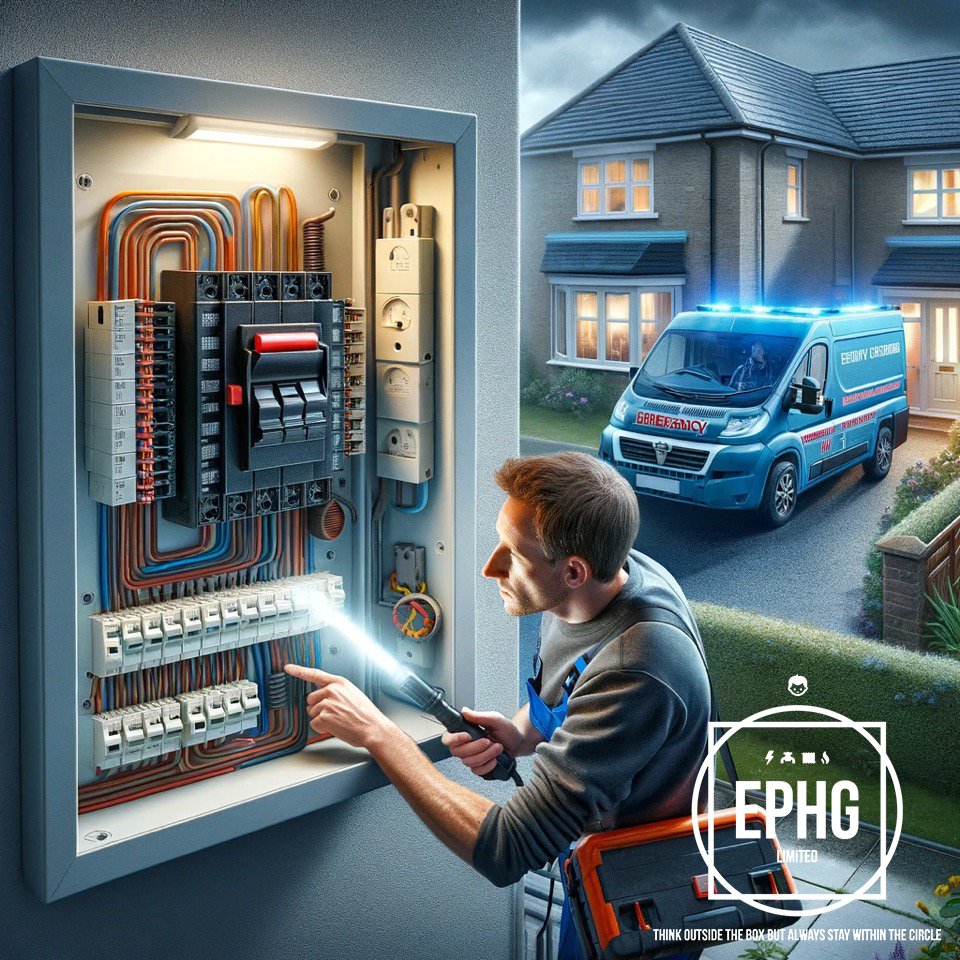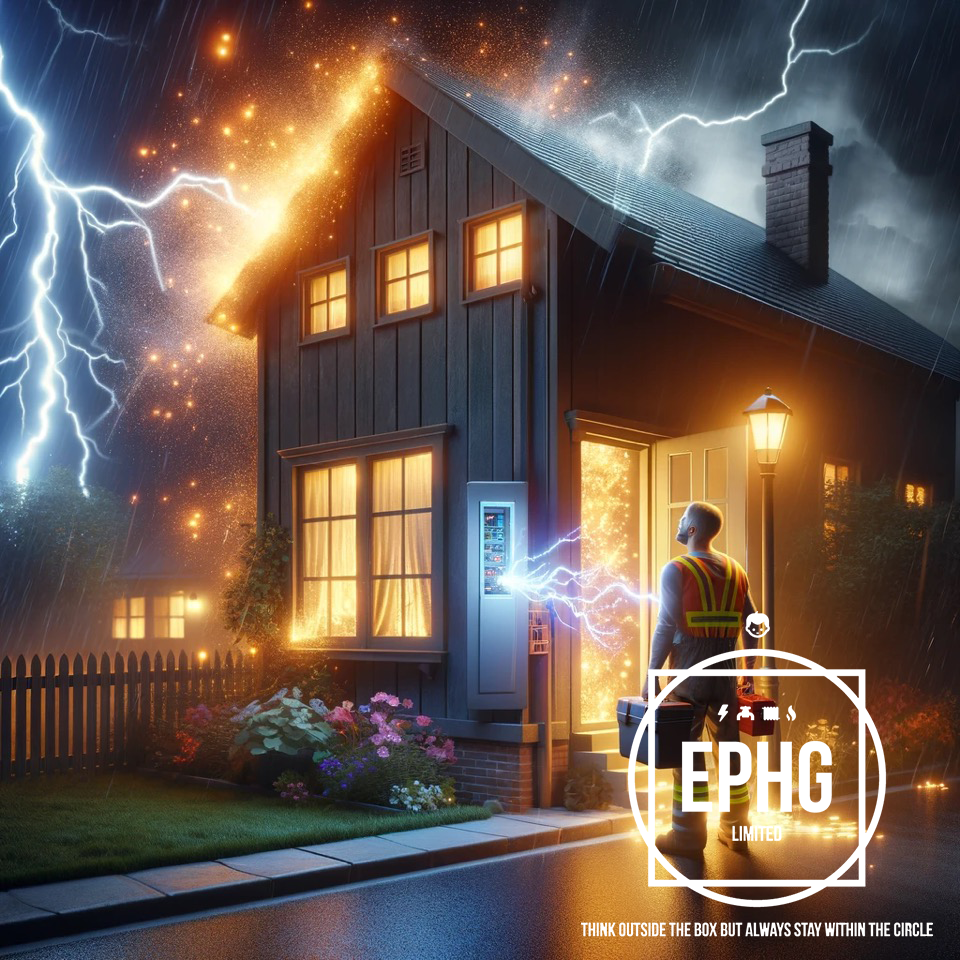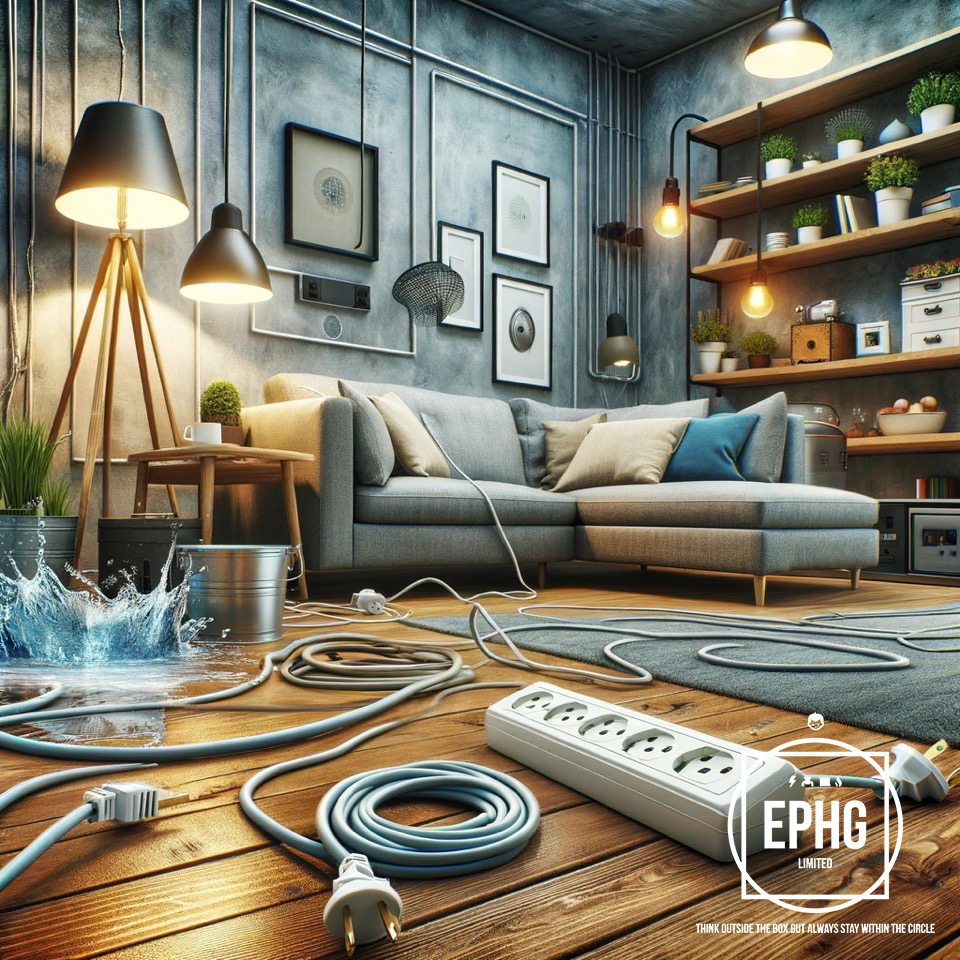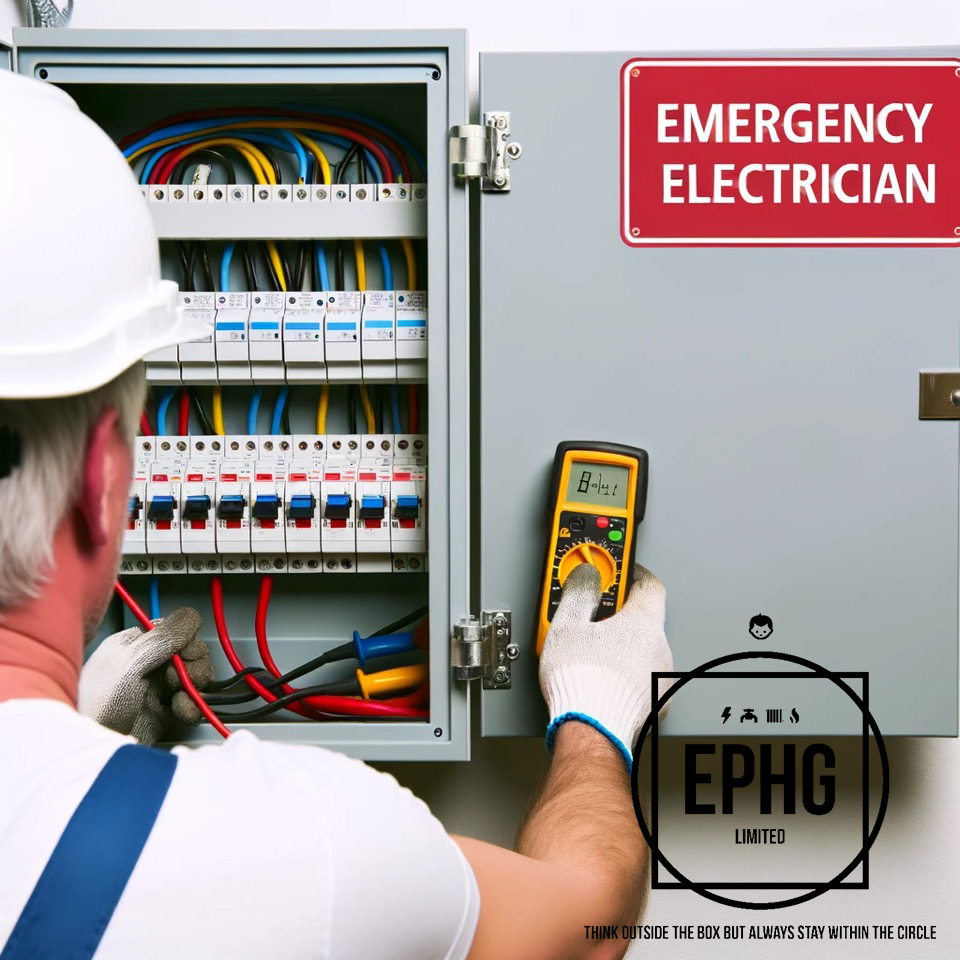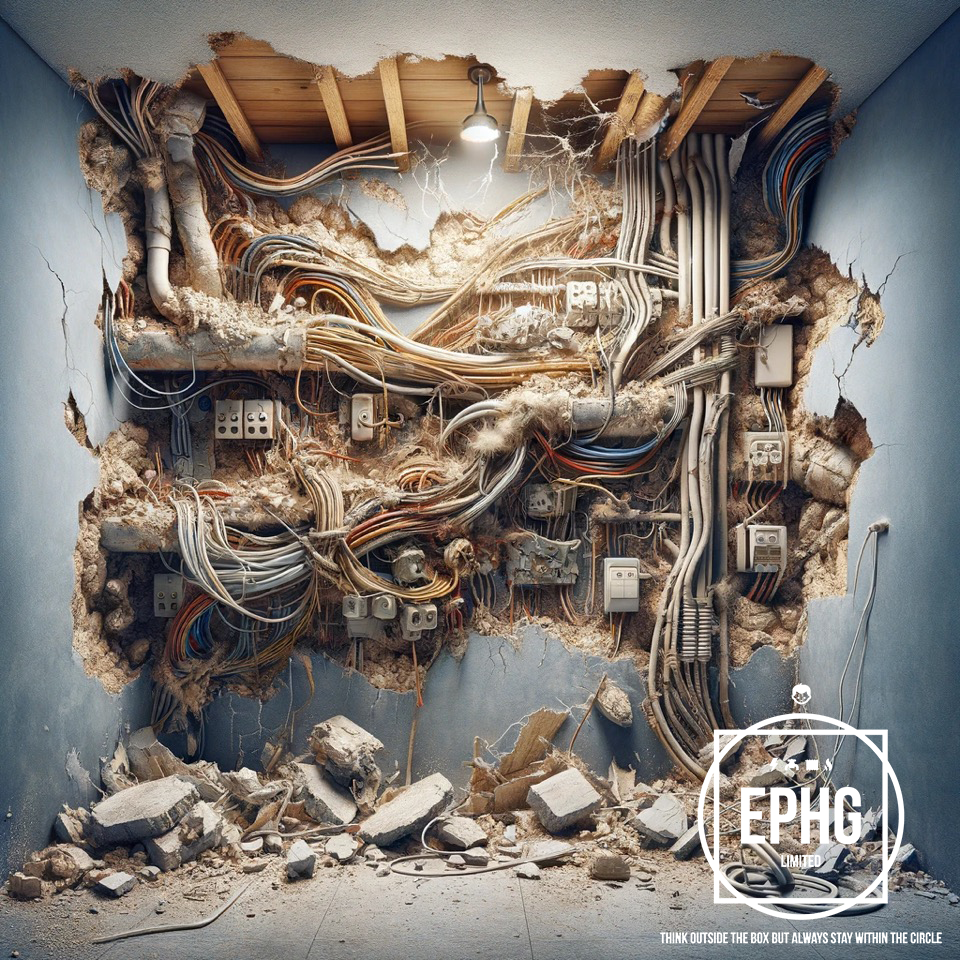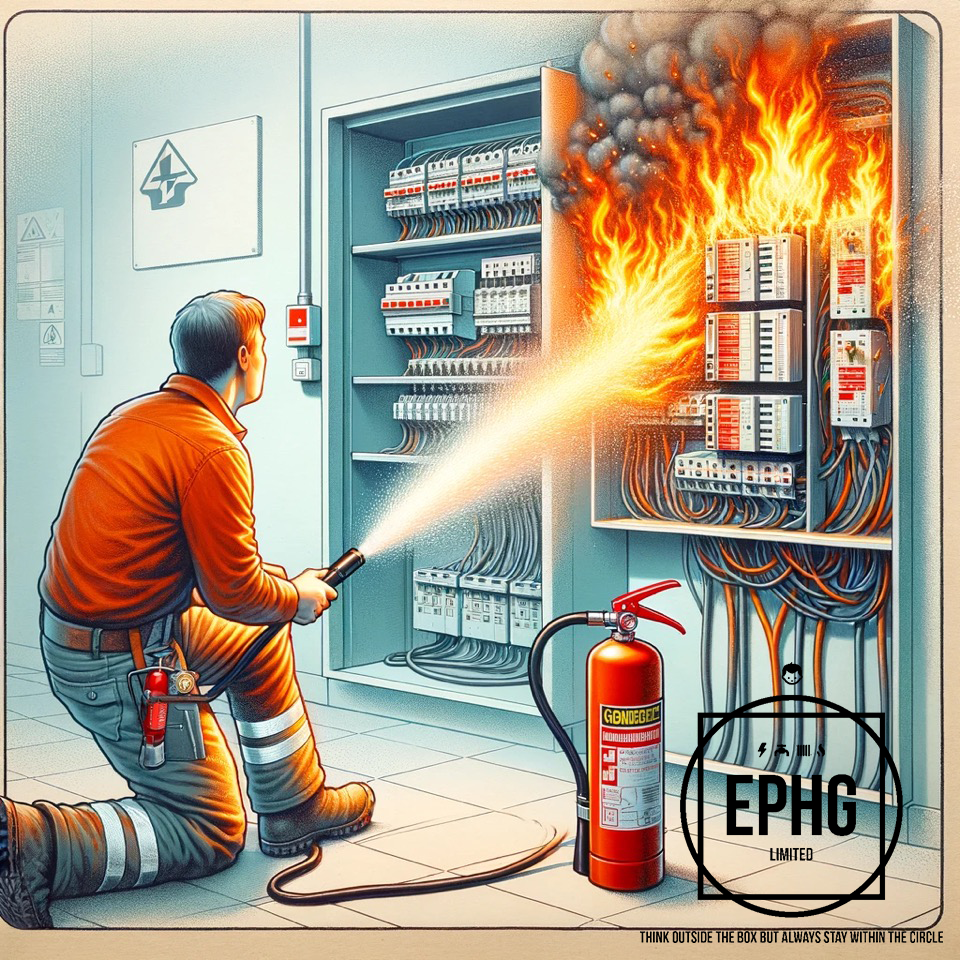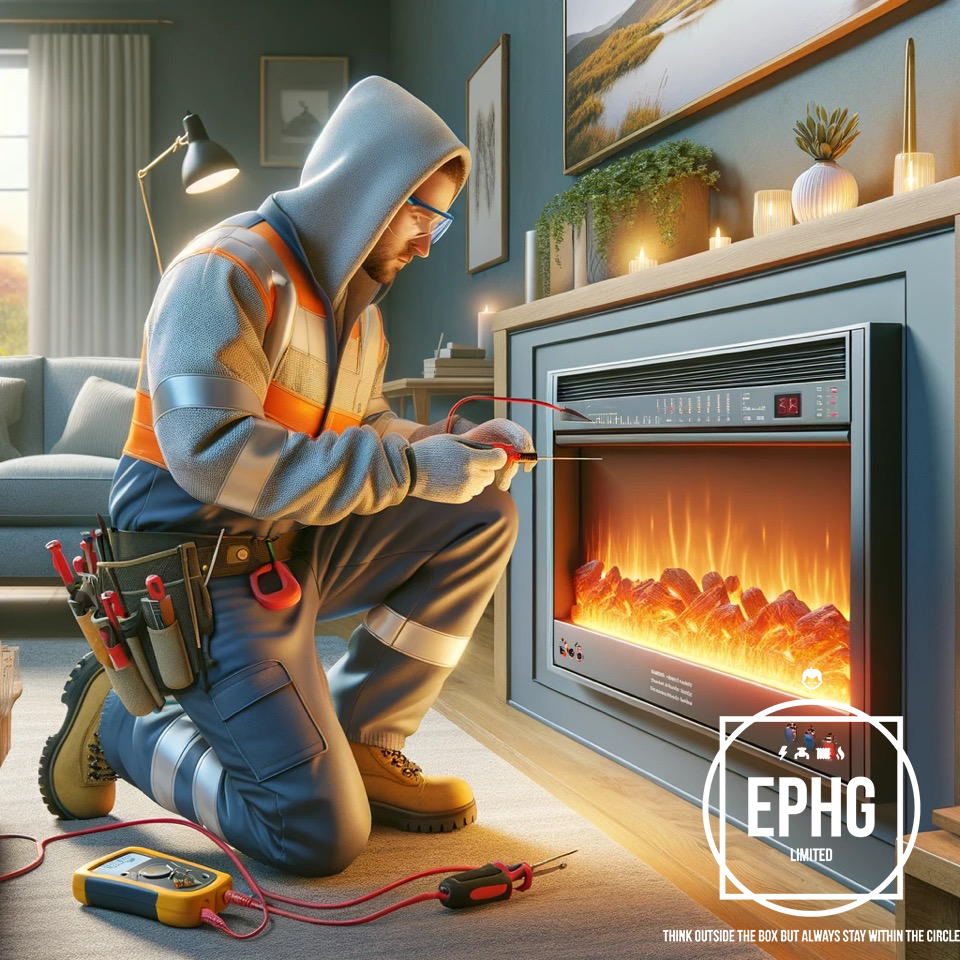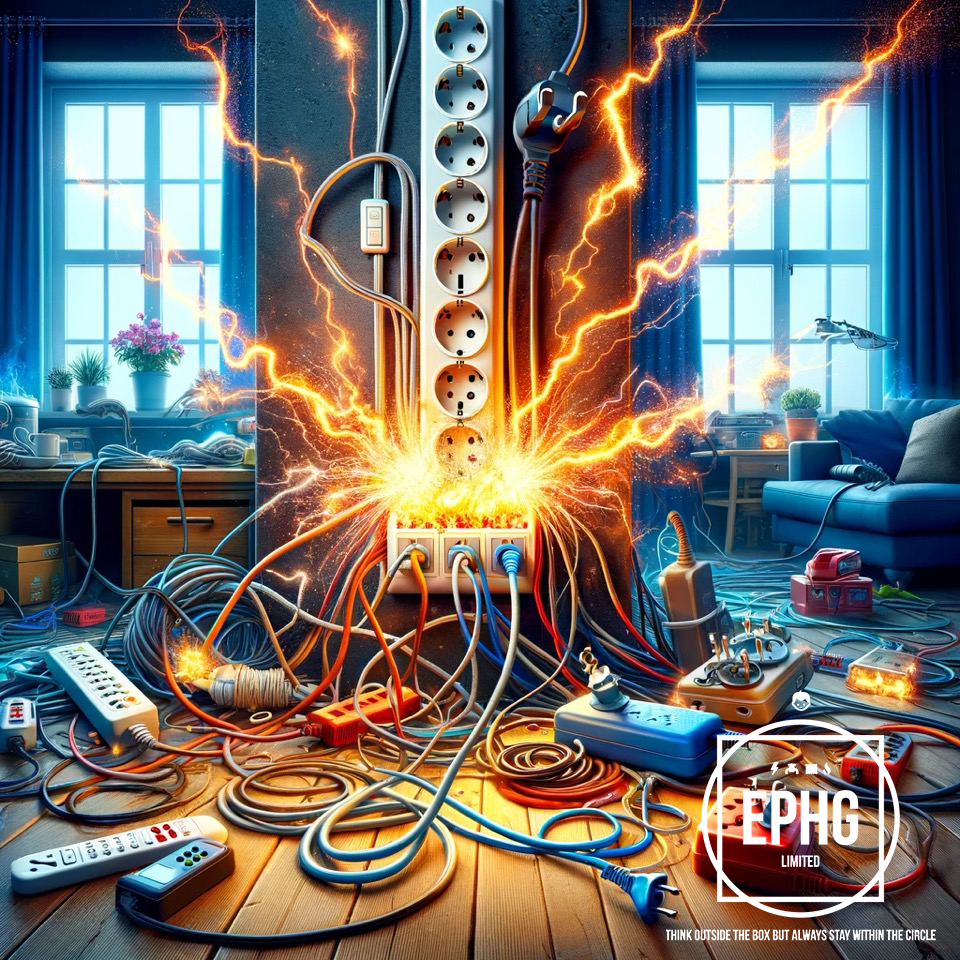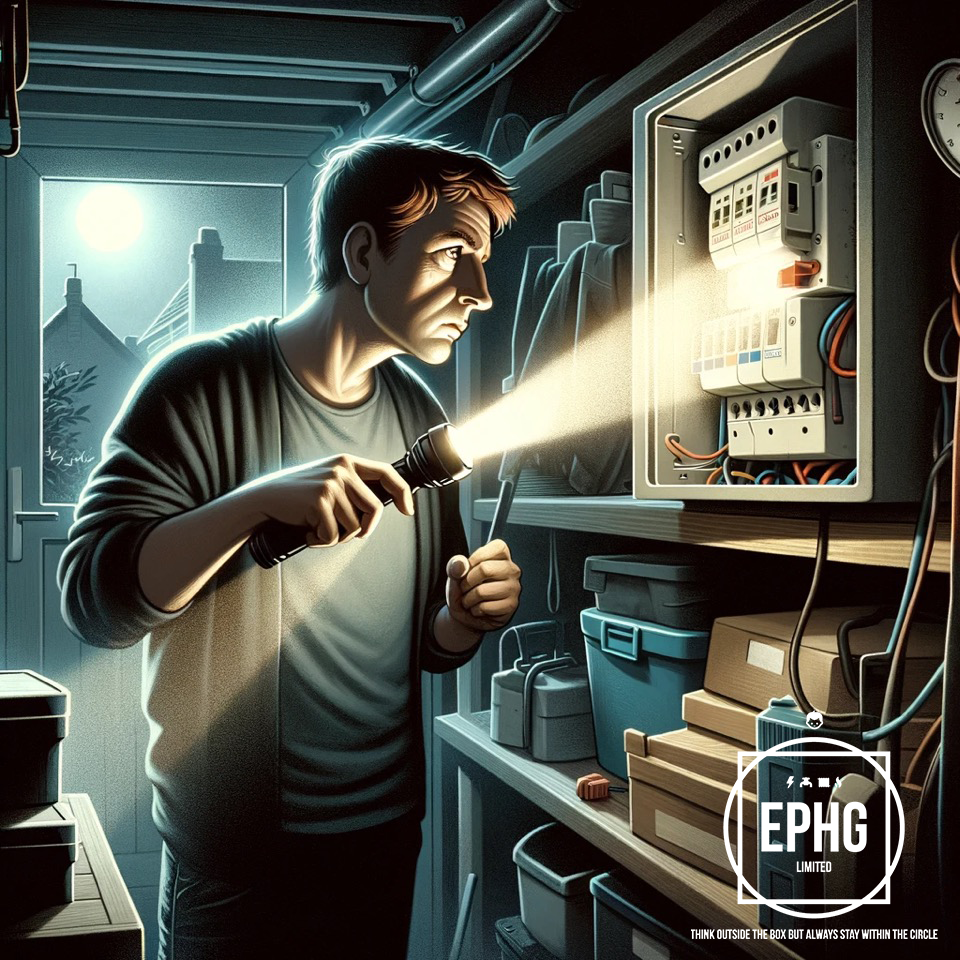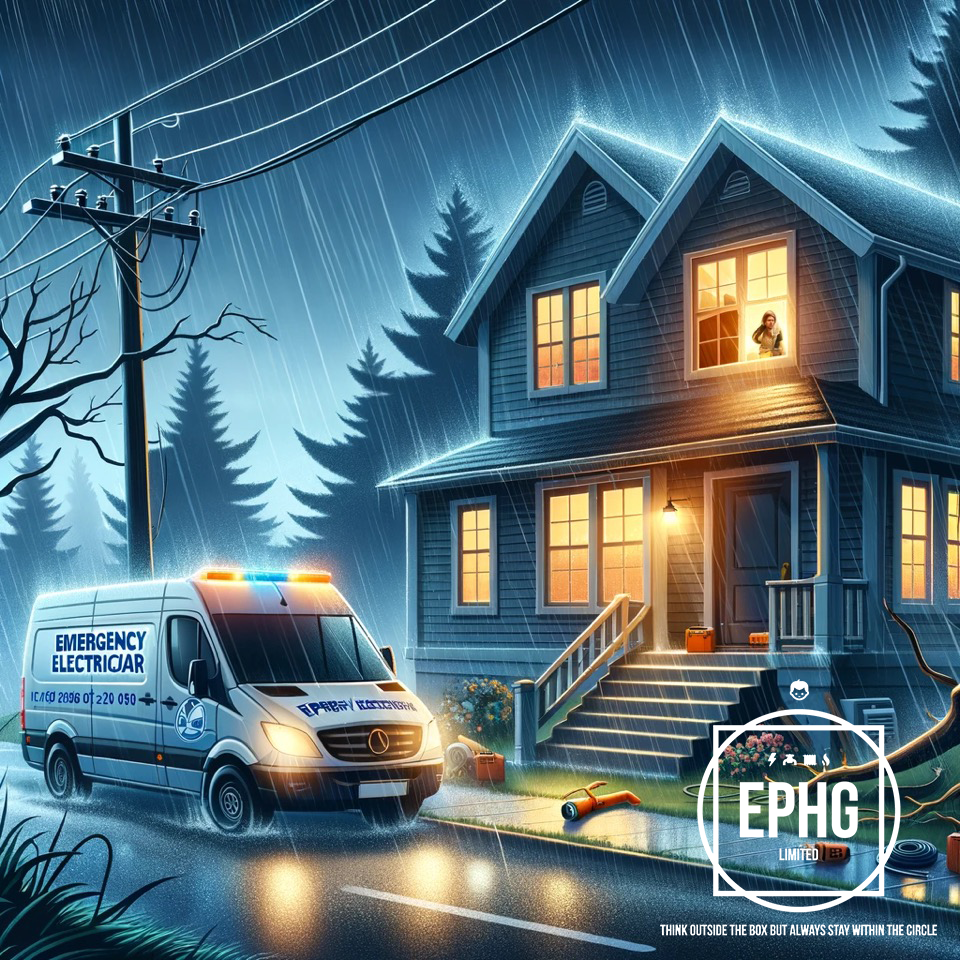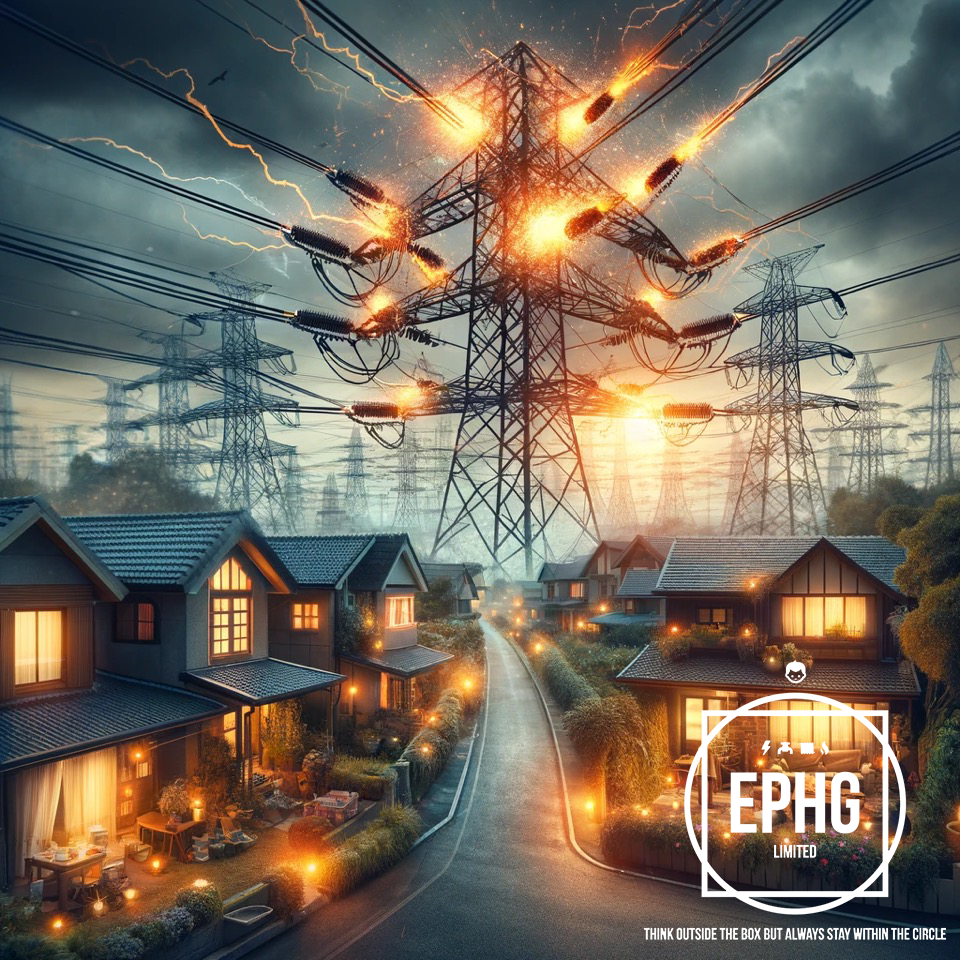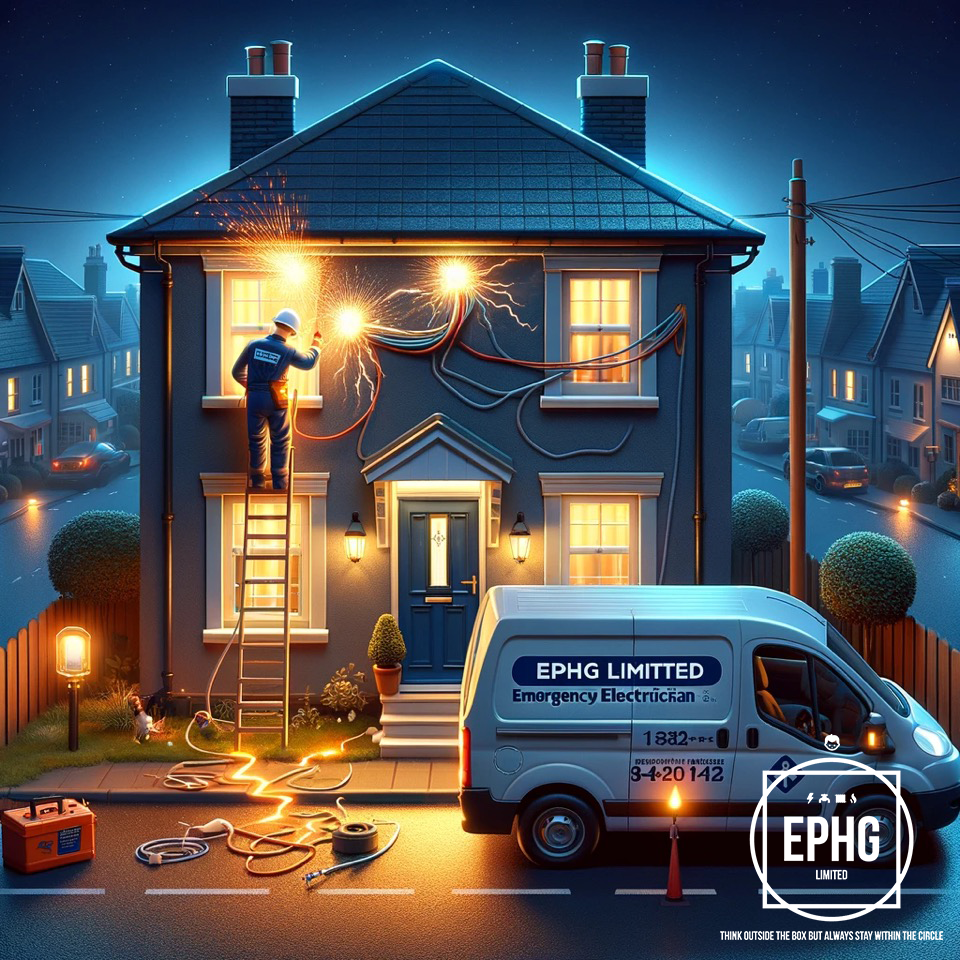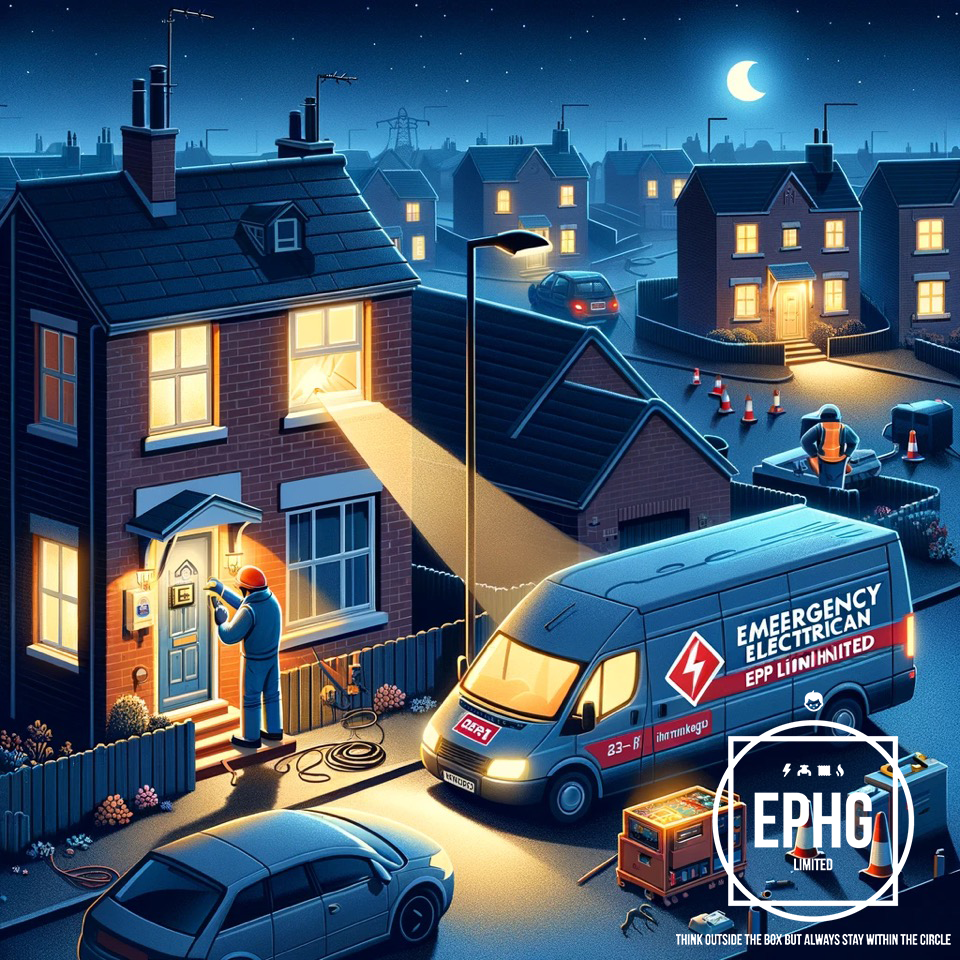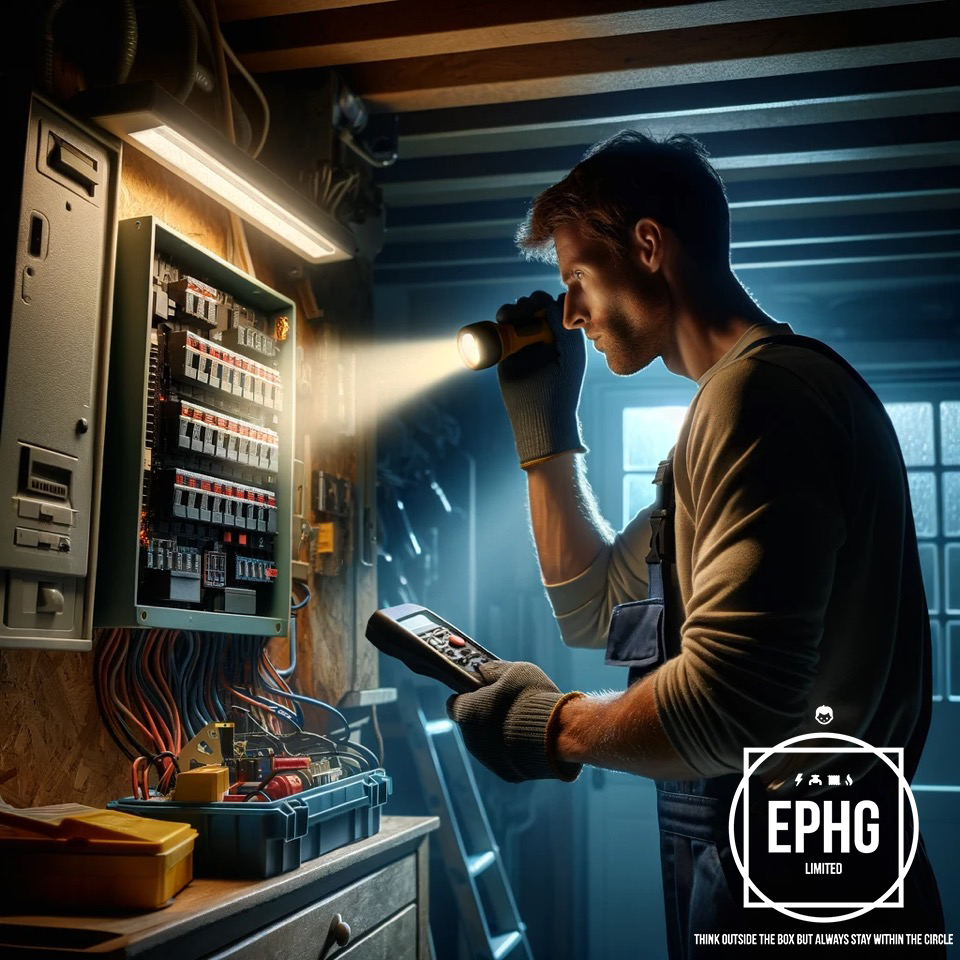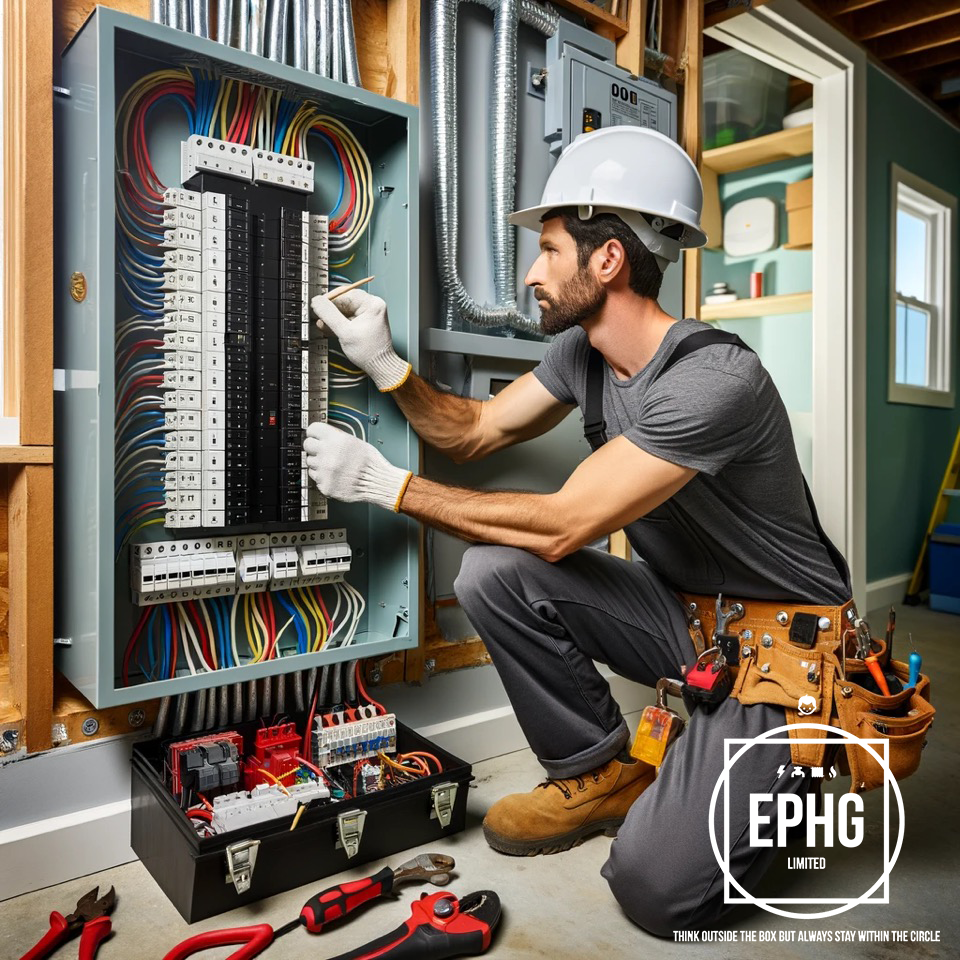
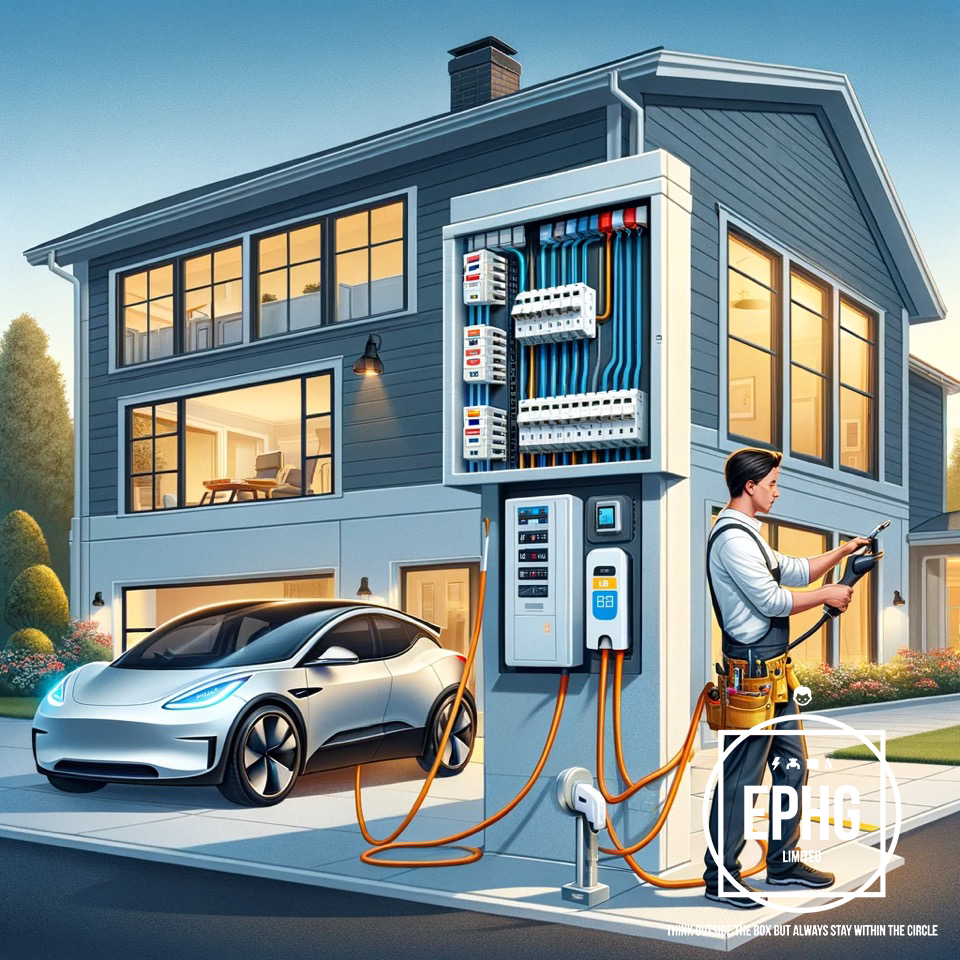
Upgrading Your Electrical System: A Proactive Approach to Avoiding Emergency Electrician Call-Outs
In an era where technological advancements are continuously reshaping our daily lives, the demand on residential electrical systems has never been higher. From smart home devices to electric vehicles, the array of electrical gadgets and appliances we rely on each day is vast and ever-growing. This increased demand can strain older electrical systems, leading to potential safety risks and the need for emergency electrician services. Upgrading your electrical system is not just an investment in your home's functionality and value; it's a proactive measure to ensure safety and prevent the inconvenience and cost of emergency repairs. This article explores the importance of upgrading your electrical system and how it can help avoid the need for emergency electrician call-outs.
Recognizing the Need for an Upgrade
Many homeowners may not realize their electrical system needs an upgrade until problems arise. Signs that your system may be outdated or insufficient include frequent circuit breaker trips, flickering lights, the need to use multiple extension cords or power strips, and outlets that are hot to the touch. These are indicators that your current system may not be capable of handling your household's electrical load safely.
Benefits of Upgrading Your Electrical System
Enhanced Safety
The primary benefit of upgrading your electrical system is improved safety. Older systems may not have the safety features that are standard in newer installations, such as ground fault circuit interrupters (GFCIs) in wet areas of the home. Upgrading can reduce the risk of electrical fires, shocks, and other hazards.
Increased Capacity
Modern electrical panels and circuits can handle a higher electrical load than older ones. This increase in capacity allows you to use more devices simultaneously without overloading the system, preventing circuit breaker trips and potential damage to sensitive electronics.
Future-Proofing Your Home
As technology evolves, so too does the need for a more robust electrical infrastructure in your home. Upgrading your system ensures that you are prepared to integrate smart home technology, electric vehicle charging stations, and any new devices that may become essential in the future.
Energy Efficiency
Modern electrical systems and components are designed to be more energy-efficient. Upgrading can help reduce your home's energy consumption, leading to lower utility bills and a smaller carbon footprint.
Avoiding Emergency Electrician Call-Outs
Emergency electrician services are often required when an outdated or overloaded electrical system fails. These failures can occur at inconvenient times, leading to unexpected expenses and potential safety risks. By upgrading your electrical system, you can significantly reduce the likelihood of such emergencies. A modern, well-designed system is less prone to failure, ensuring that your home's electrical needs are met safely and reliably.
The Process of Upgrading
Upgrading an electrical system is a complex process that should only be undertaken by a licensed electrician. The process typically involves replacing the electrical panel, adding new circuits, and possibly rewiring certain areas of the home. Your electrician can assess your current system, identify your household's needs, and recommend the appropriate upgrades. They will also ensure that the work is completed in compliance with local building codes and safety standards.
Conclusion
Upgrading your electrical system is a wise investment in the safety, efficiency, and future readiness of your home. It not only enhances your ability to use modern appliances and technology without worry but also significantly reduces the risk of electrical emergencies that require the services of an emergency electrician. By taking a proactive approach to your home's electrical needs, you can enjoy peace of mind knowing that your system is safe, reliable, and up to the task of powering your modern lifestyle.

